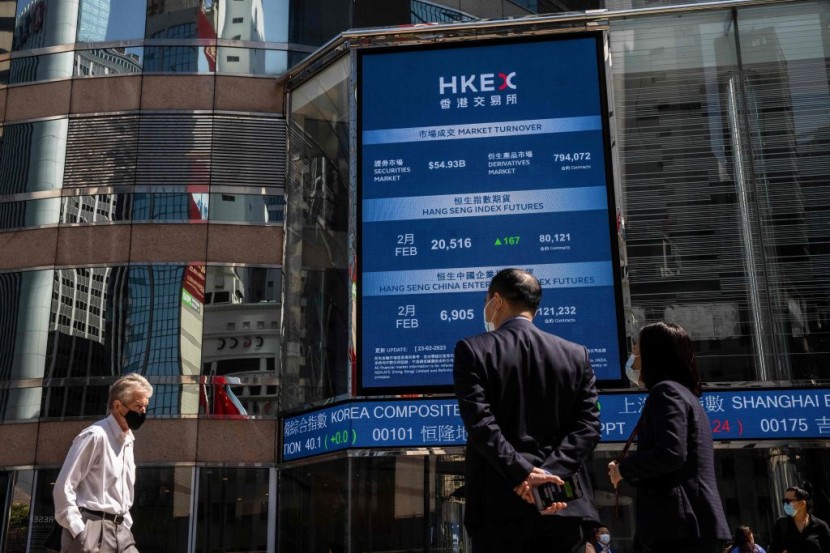According to Reuters, China has replaced the leader of its securities watchdog reported by the official Xinhua news agency. The newly appointed head is a seasoned regulator known for implementing strong measures, reflecting policymakers' efforts to stabilize the nation's stock markets.

The cabinet has replaced Yi Huiman as chairman of the China Securities Regulatory Commission (CSRC) with Wu Qing, who has led the Shanghai Stock Exchange and served as a key deputy in Shanghai's municipal government, Xinhua said on Wednesday.
Yi's removal lacked an explanation, happening as China's stock markets hit a five-year low. Investors are quickly cutting losses due to China's economic challenges and a perceived lack of strong government support, which is shaking confidence.
Since 2019, China's markets have faced ongoing turmoil, first with a trade spat with Washington and later with the crisis in the real estate market, highlighted by the downfall of heavily indebted developer China Evergrande.
Yi's exit comes just ahead of the long Lunar New Year break. Trading in Chinese stocks is suspended for a week starting Friday, giving markets time to fully digest the change.
"As a knee-jerk reaction, I can see how this would be viewed as positive. But in addressing the well-understood issues of the Chinese economy, it doesn't address anything at all," said Tim Graf, the head of EMEA macro strategy at State Street.
After the news, the FTSE China A50 Index Futures slightly increased by 0.2% as of 10:27 AM GMT. Hong Kong's Hang Seng futures showed minimal change on Wednesday evening.
What Does This Mean For Beijing?
Financial Times reported despite previous efforts from Beijing to bolster the market and extensive trading restrictions for short coverings, Chinese markets recorded a brutal start in 2024.
Last week, the CSI300 dropped by 4.6%, hitting a five-year low on Friday. Retail investors, who put money into derivatives called "snowballs" tied to small-cap stock indices like the CSI1000, experienced major losses during the recent market decline.
"The market grapples with complexity amid a distressed property sector, fiscal constraints of local governments, and a lack of confidence in the private sector," said Redmond Wong, chief China strategist at Saxo Markets.
Zhang Qi, analyst with Haitong Securities, said investors would need to see more from Beijing for a sustained rally.
"The key for reviving confidence still lies in the recovery of the economy," he said, "investors need to see the rebound in consumption, exports, employment, and incomes, the efforts cannot be made only from the statistics bureau."
© 2026 HNGN, All rights reserved. Do not reproduce without permission.









